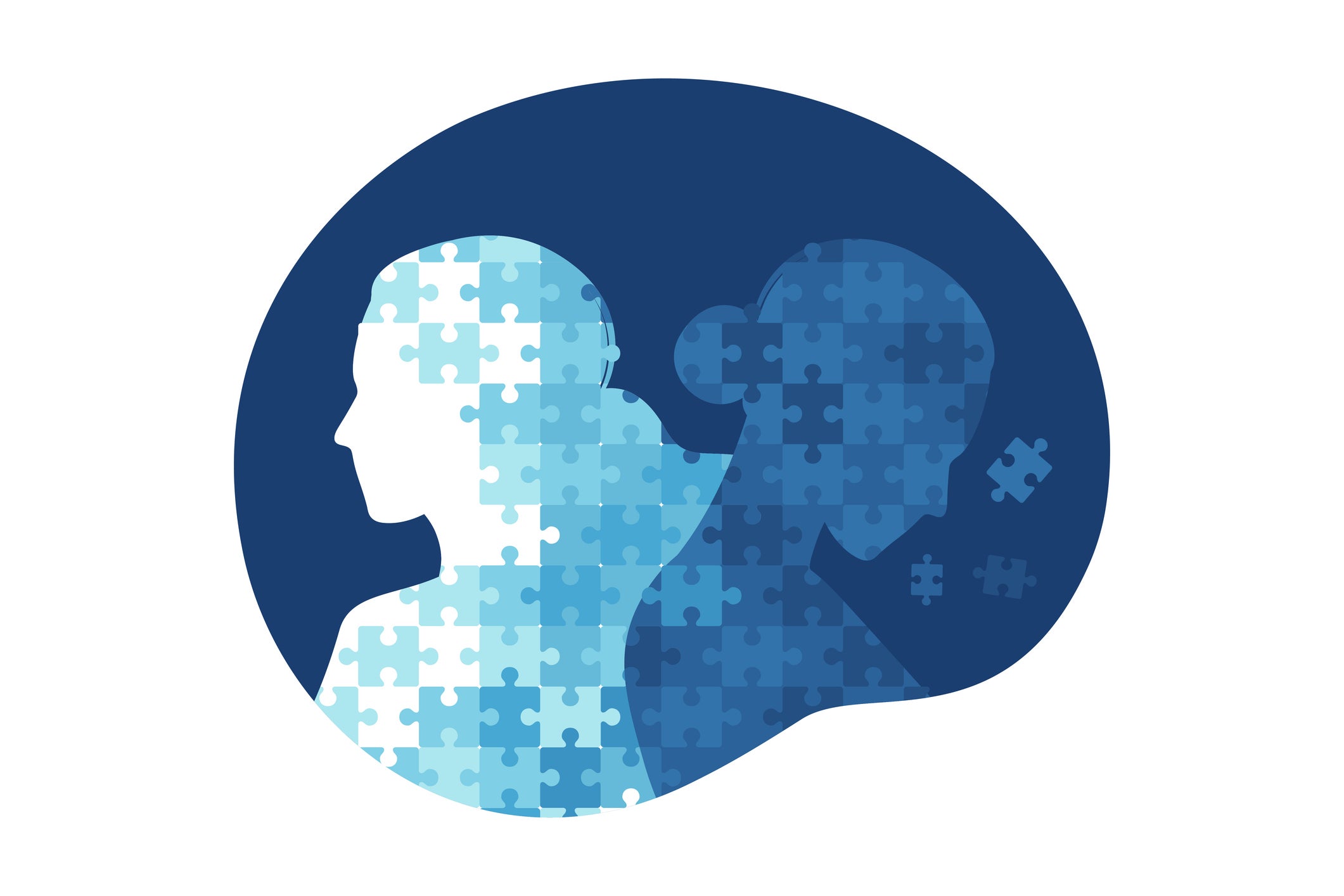Mental health declined among U.S. adults from 2011 to 2022

The number of U.S. adults who reported poor mental health rose significantly—and inequitably across social groups—between 2011 and 2022, according to a new study led by researchers at Harvard T.H. Chan School of Public Health.
The study was published Jan. 15 in JAMA Network Open and was led by Rita Hamad, associate professor of social and behavioral sciences and director of the Social Policies for Health Equity Research Center. Other co-authors included David Williams, Florence Sprague Norman and Laura Smart Norman Professor of Public Health; Emily Wright and Emily Dore, research fellows in the Department of Social and Behavioral Sciences; and Karestan Koenen, professor of psychiatric epidemiology.
To better understand the rise in and distribution of mental health issues in the U.S., the researchers analyzed data from three nationally representative surveys: the Behavioral Risk Factor Surveillance System (BRFSS), the National Survey on Drug Use and Health (NSDUH), and the National Health Interview Survey (NHIS). The researchers examined how all adults surveyed reported on their mental health year after year and stratified these results according to age, sex, and racial and ethnic group.
From 2011 to 2022, adults who experienced poor mental health rose from 35.7% to 42.5% according to BRFSS, from 31.1% to 35.8% according to NSDUH, and from 18.7% to 20.5% according to NHIS. Younger adults experienced worse mental health than older adults and Black adults experienced worse mental health than white adults until 2020. Women experienced worse mental health than men for the entire study period.
According to the researchers, the study’s findings of increasingly prevalent poor mental health and significant, dynamic inequities between social groups are consistent with prior research on U.S. mental health trends. They noted, however, that “further research on mechanisms underlying observed trends before and since 2020 is needed to inform policy and clinical interventions to improve population mental health and health equity.”
Read the study: Prevalence of and Inequities in Poor Mental Health Across 3 US Surveys, 2011 to 2022
Learn more
To improve mental health, focus on population health, prevention (Harvard Chan School news)


